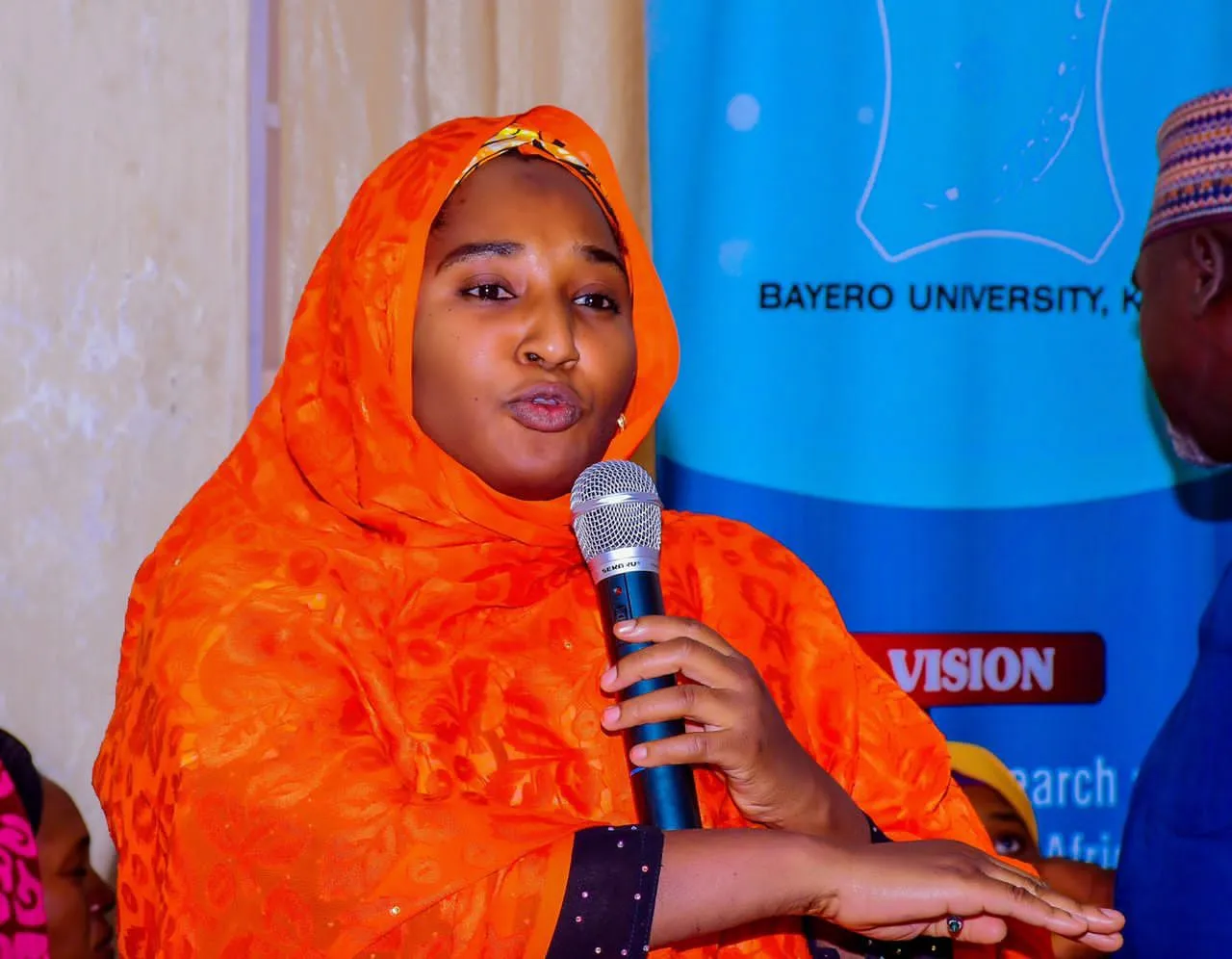
By Sarah Mohmoh
The Minister of State for Education, Prof. Suwaiba Ahmad, has assured that no Nigerian student whether in urban or rural communities will be excluded from the ongoing transition to Computer-Based Testing (CBT) for national examinations.
Prof. Ahmad gave the assurance on Tuesday during the monitoring of the ongoing West African Senior School Certificate Examination (WASSCE) in selected schools across Abuja.
“We will not roll out CBT in a way that excludes any student. Every child will have the opportunity to sit for their examination, regardless of their location or access to infrastructure,” she said.
Acknowledging the concerns raised by stakeholders, the Minister appealed for public understanding, emphasizing that the government was working to ensure a smooth, inclusive transition.
“Nigerians should bear with us. We are taking all concerns seriously, and by the time CBT is fully rolled out, no child will be put at a disadvantage,” she added.
Prof. Ahmad highlighted the benefits of CBT, pointing out that the system addresses many of the challenges associated with traditional paper-based examinations.
“From my interaction with students, many prefer the CBT format. At one CBT centre we visited, the examination was orderly and started on time. In contrast, at a paper-based exam centre, the test was delayed due to rain and scripts were not even available,” she noted.
She emphasized that CBT offers more reliable and timely assessment processes, eliminating common issues such as weather-related delays, transportation setbacks, and administrative lapses.
“CBT ensures students get their full allotted exam time, as the system only begins counting when the student logs in and accesses the questions,” she explained.
Beyond improved timing and logistics, the Minister said CBT also provides a significant advantage in curbing examination malpractice.
“With individualized sets of questions for each candidate, it becomes harder to leak questions or impersonate students. CBT will close many of the loopholes currently exploited in traditional exams,” she stated.
Prof. Ahmad, however, acknowledged that infrastructure challenges particularly in rural areas where electricity and internet connectivity remain poor could hinder implementation.
To address this, she disclosed that WAEC and NECO are working in collaboration with JAMB and other education stakeholders to leverage existing infrastructure and develop practical solutions.
“When we roll out the CBT exams, we intend to use existing JAMB centres, not individual school facilities—especially in rural areas where schools may not even have electricity,” she said.
“Take this school we’re inspecting today, for instance it has no power in the exam hall. Conducting a CBT exam here today would have been impossible.”
She reaffirmed the Ministry’s commitment to ensuring that no child is left behind, stating that comprehensive planning and collaboration with state governments will guide the transition.
“We’re mapping out the specific needs of both rural and urban areas to design realistic, inclusive strategies,” she concluded.








